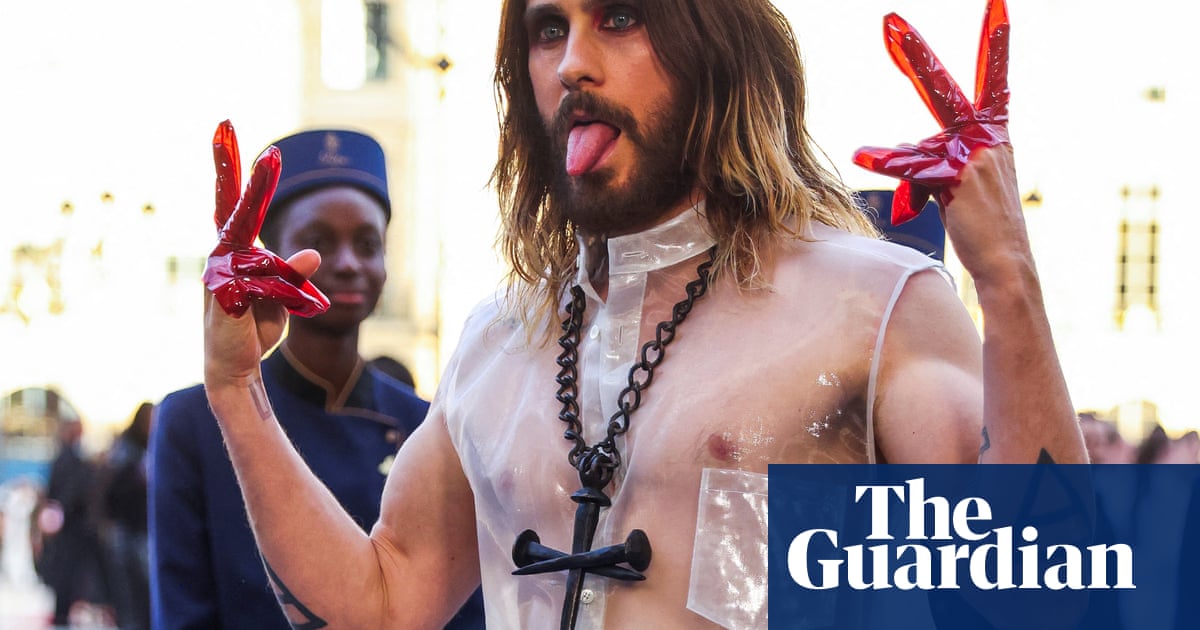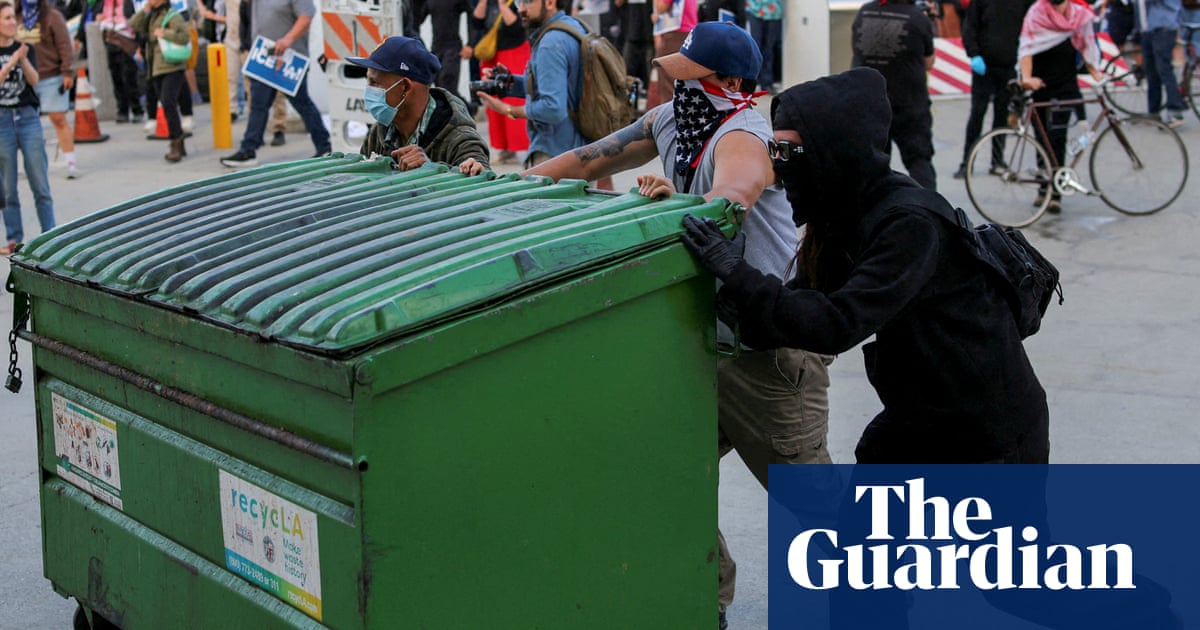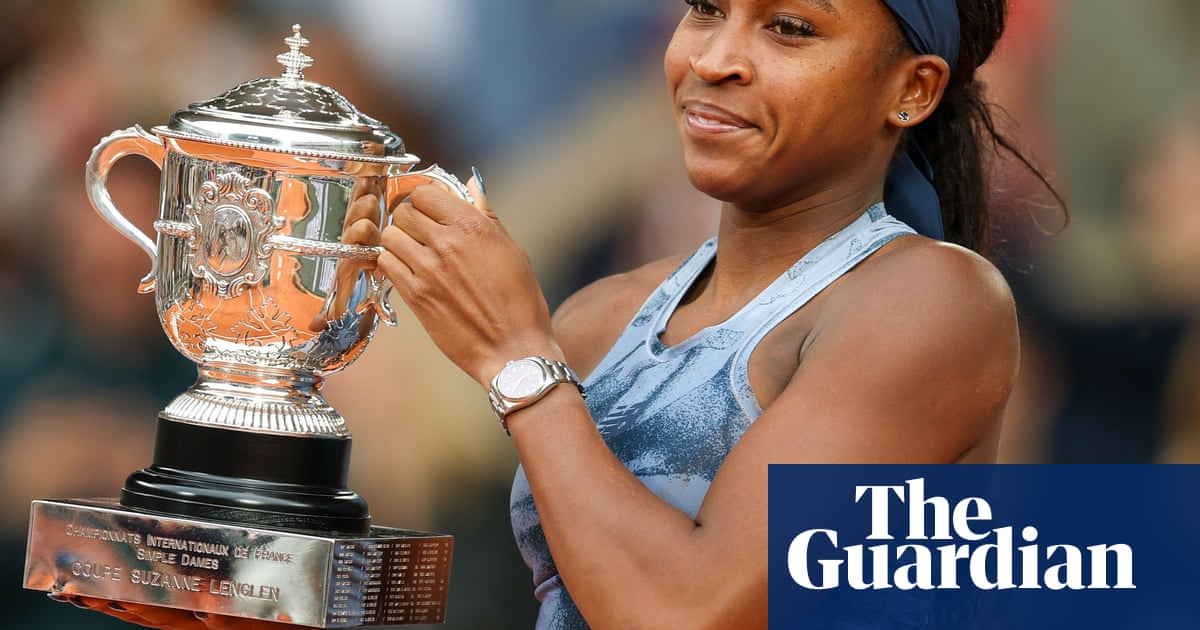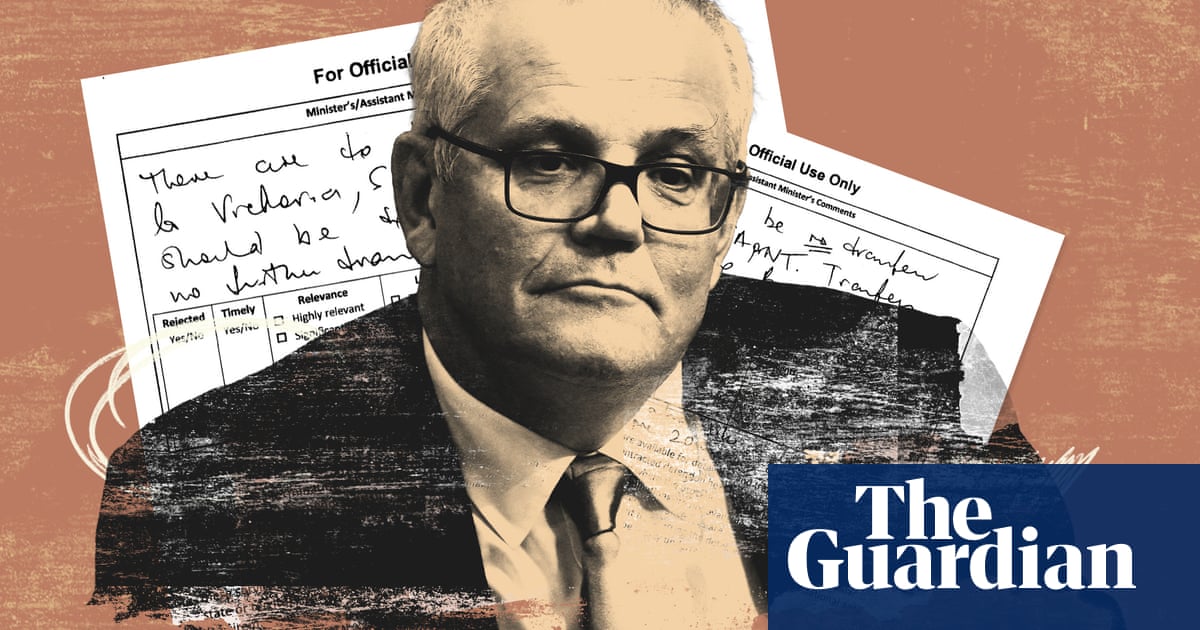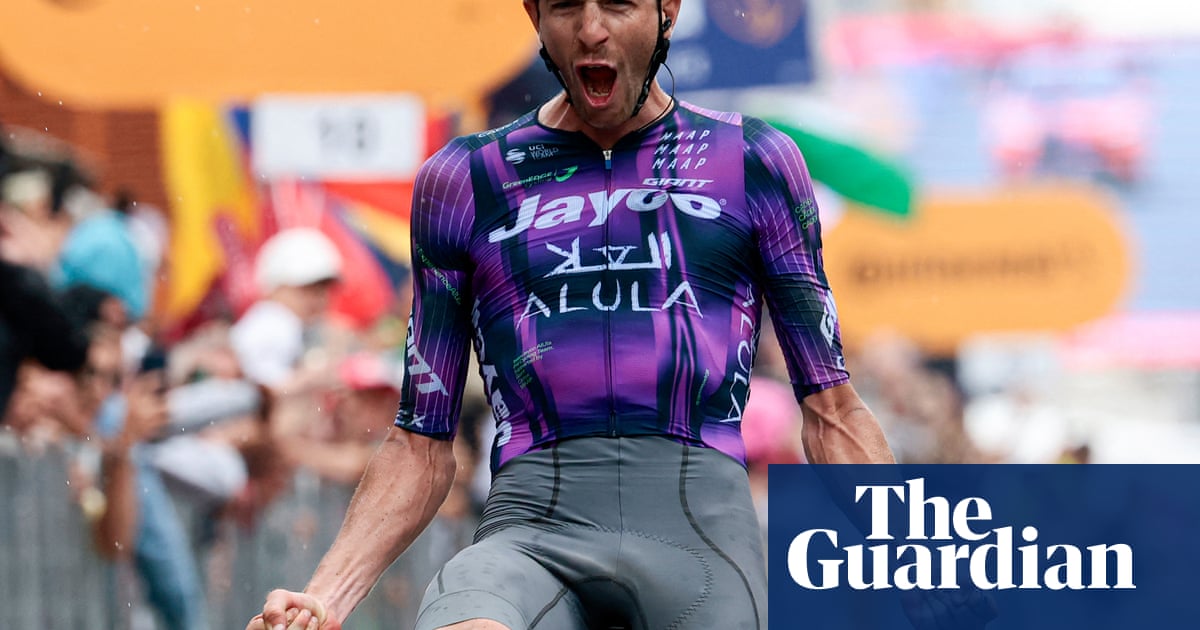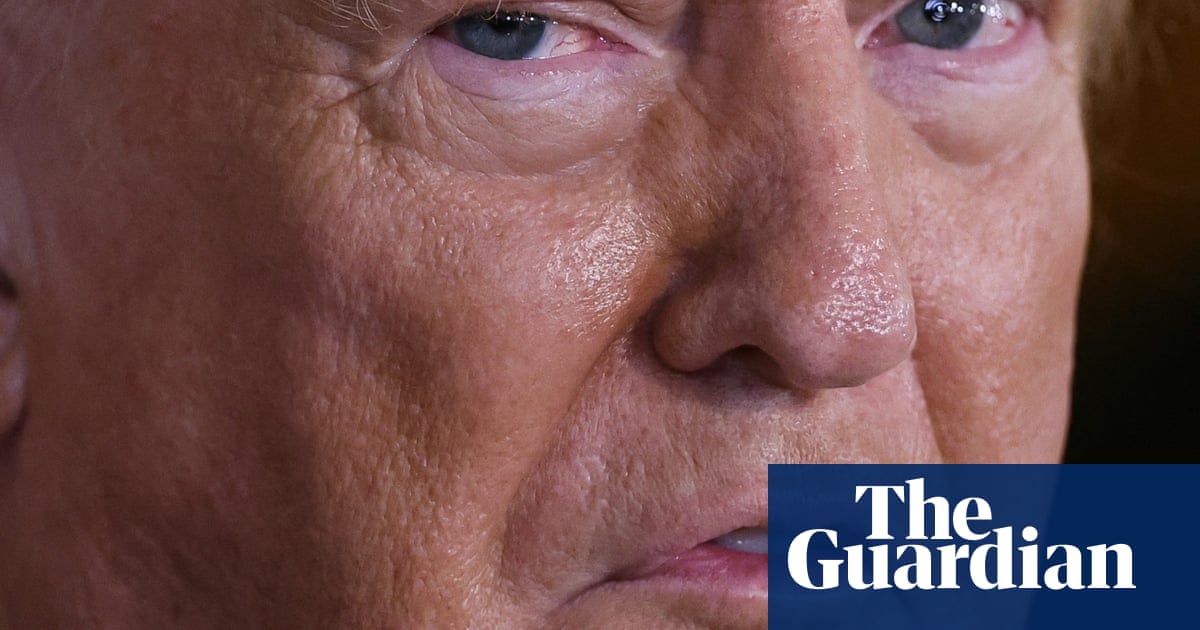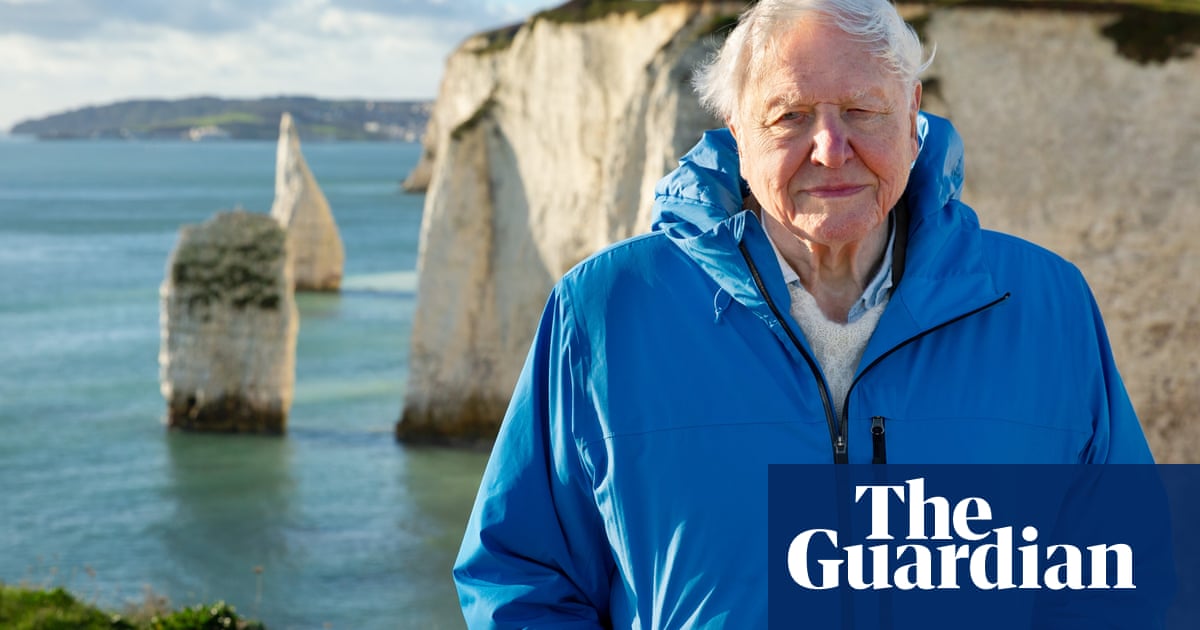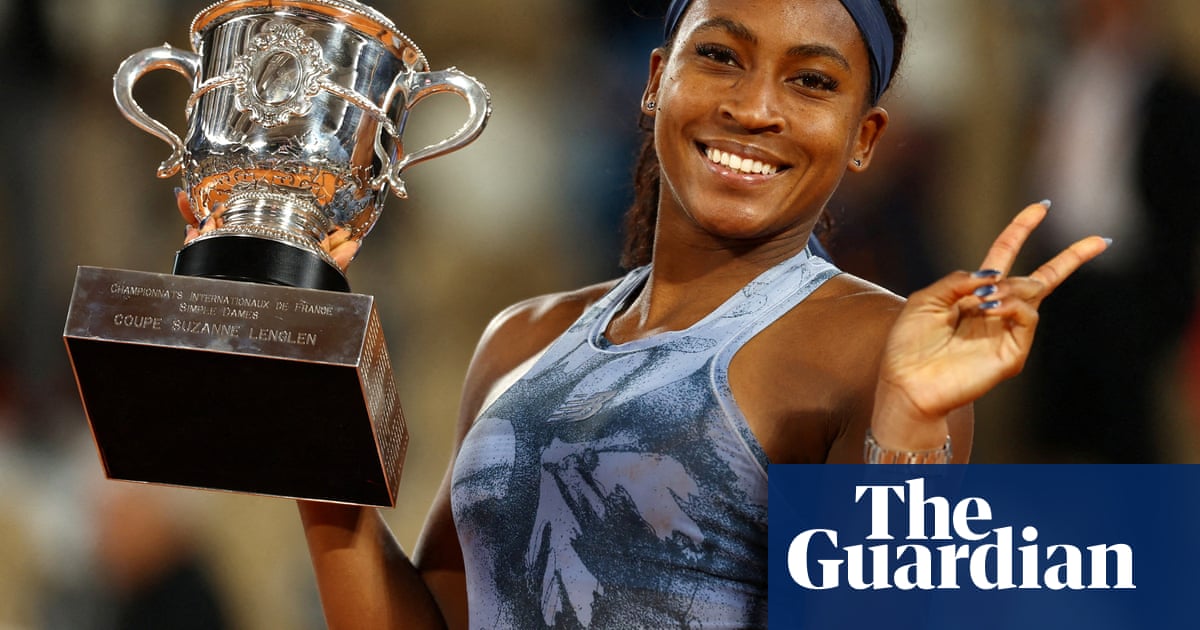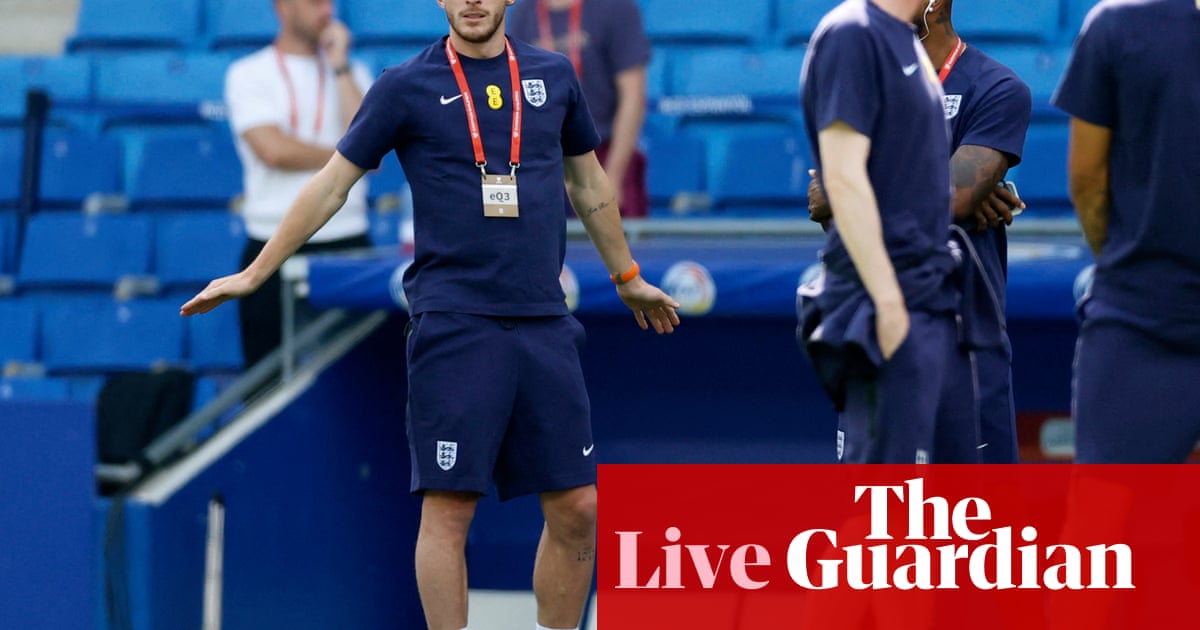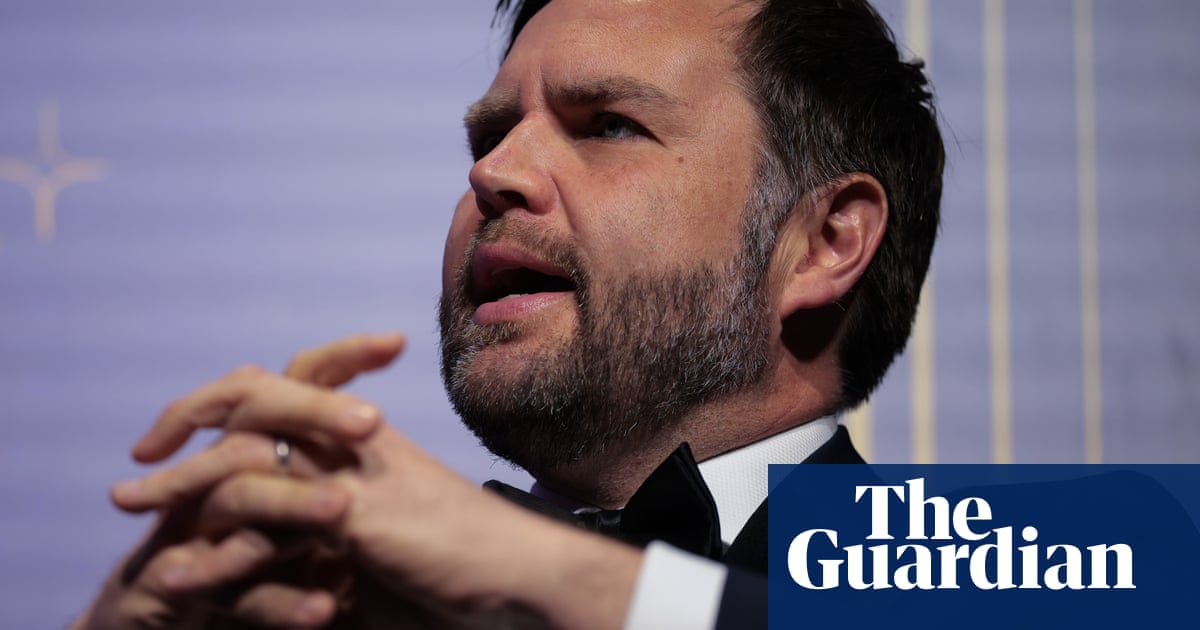While films such as Wicked and Dune: Part Two amassed multiple Oscar nominations this year, the Academy’s ongoing embrace of the smaller, less conventional movie pushed a number of more traditional contenders out. From the long-awaited sequel to a best picture winner to an inspirational boxing drama to a music biopic starring an Oscar favourite, here are some of the more primed picks that failed to register:
The Fire Inside

On the same day at last year’s Toronto film festival, two rousing sports dramas premiered, both based on true stories and both released by Amazon. The wrestling pic Unstoppable might have had the edge at the time, thanks to a better-positioned slot and the headlines created by its star Jennifer Lopez, but it was the Barry Jenkins-penned boxing saga The Fire Inside that ultimately won out with critics. Yet the film, based on the incredible story of the Olympic champion Claressa Shields, couldn’t break through the end of year scrum with audiences or voters. The previous best supporting actor nominee Brian Tyree Henry, who plays her coach, should have been a shoo-in to repeat in that same category but he was unfairly ignored, reflecting a shift in the Academy’s move away from sports films and also a campaign that lacked the necessary aggression.
Gladiator II

It had appeared for a brief while that Ridley Scott’s long-awaited Gladiator sequel would be a major player during awards season. Not only had the original won five Oscars, including best picture, but early word on his follow-up was positive enough to have some speculating that it could finally be the three-time nominee’s time to win best director. But the more that people saw it, the less that felt likely and each potential nomination started falling away, from Paul Mescal to Scott to the film itself to, finally, even Denzel Washington, who was seen as the film’s last hope. It ended up with just one nod, for best costume design, the blockbuster best picture slots swallowed up by Wicked and Dune: Part Two.
Blitz

Things had seemed perfectly aligned for Blitz on paper: the director Steve McQueen, who had been embraced by the Academy for his powerful 2013 best picture winner 12 Years a Slave, making a film about the London Blitz recruiting the four-time Oscar nominee Saoirse Ronan. But the film, which was an unusual world premiere at the usually world premiere-light London film festival, couldn’t quite distinguish itself in the year’s busiest period with polite rather than enthused reviews and a confusing release strategy from Apple that made it unclear when it was out and how it could be seen. The streamer’s award wins (CODA, Killers of the Flower Moon) are starting to be outnumbered by their losses (Blitz joins Emancipation, Napoleon and Flora and Son).
Maria
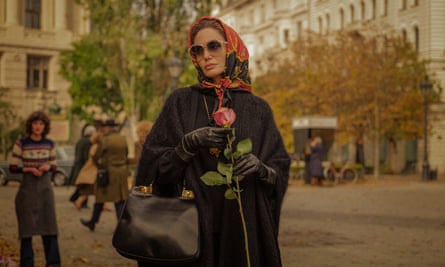
The director Pablo Larraín seemed to have found the perfect formula for securing his lead female actors an Oscar nomination: cast them in an unconventional biopic of a famous and famously misunderstood woman. It worked for Natalie Portman as Jackie Kennedy in Jackie and then Kristen Stewart as Princess Diana in Spencer but his luck ran out with Angelina Jolie as Maria Callas in Maria, the film scoring just one Oscar nod for best cinematography. Jolie had originally been in the conversation, scoring herself a Golden Globe nomination, but the film didn’t quite have the momentum. It was an awkward fit for buyer Netflix, a withholding drama following a figure less known to the average viewer and Jolie’s comeback narrative ultimately didn’t have the same appeal as that of Demi Moore.
The Piano Lesson

After the success of Fences, which helped to end the #OscarsSoWhite embarrassment of the previous two years with a win for Viola Davis and three other nominations, Netflix found success with another August Wilson adaptation, Ma Rainey’s Black Bottom. It won two Oscars (for costume design and makeup and hairstyling) and had another three nominations, making yet another Wilson movie seem like an easy win. The Piano Lesson premiered at last year’s Telluride film festival to positive reviews and early buzz for Danielle Deadwyler, who had been unfairly snubbed for her role in Till, suggested she would be a surefire best supporting actress contender. But despite a few other shreds of recognition (SAG and Critics Circle noms) she missed out on another deserved Oscar nod and the film, despite being arguably the most visually expansive and well-crafted of the three adaptations, didn’t even score any technical nods. It was another swing and miss for Netflix.
Shirley
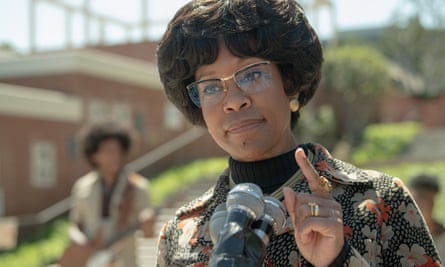
There was barely a swing made by Netflix for this one, a long-delayed biopic of Shirley Chisholm that was demoted earlier in the year. There had been an understandable race to transfer Chisholm’s incredible story, as the first Black woman to run for US president, to the screen with Viola Davis and Danai Gurira attached to different projects and in 2021, it was announced that the Oscar-winning 12 Years a Slave screenwriter John Ridley would be developing a project with the Oscar winner Regina King starring. By the end of the year filming began but after reports of underwhelming test screenings the following year, an easy-on-paper Oscar play for the streamer was then shelved for the next two years and released in the spring of an election year to mixed reviews. King’s next role, in Darren Aronofsky’s crime thriller Caught Stealing, should bring her more of the attention she deserves.
Lee
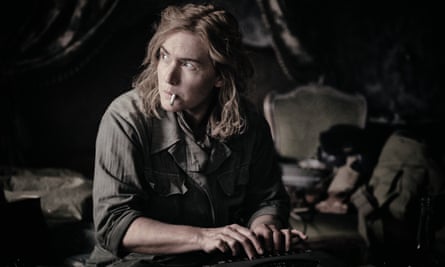
After six nominations and one win, Kate Winslet’s name was never going to be too far away from the Oscars and this year, after two Golden Globe nominations (one of them for television), she was again in the race. But her role in the rather boringly conventional war biopic Lee wasn’t enough to include her name in the final five, the kind of performance in the kind of film that might have had more of an impact 20 years ago. She had some last-minute help from her Titanic co-stars Leonardo DiCaprio and the recent Oscars queenmaker Frances Fisher (who helped to steer Andrea Riseborough to a controversial best actress nod) but the film, which premiered at Toronto back in 2023, just didn’t have enough critical support.
Joker: Folie à Deux

A sequel to a DC Comics movie would not be typically expected to gain Oscar recognition outside of technical nods but then 2019’s Joker didn’t operate in a traditional way. After its unusual Venice premiere, it insisted its way into the conversation for the next few months whether we liked it or not, scoring Oscars for its score and the actor Joaquin Phoenix along with another nine nominations, another landmark moment for comic book adaptations after Black Panther broke through a few years before. The stage was set for a repeat with the sequel getting another Venice bow and an Oscar-nominated co-star in Lady Gaga but Joker: Folie à Deux emerged with its middle finger up, a defiant semi-musical disinterested in giving anyone what they expected, including the Academy who shunned it in the same way that both critics and fans had.
Will & Harper
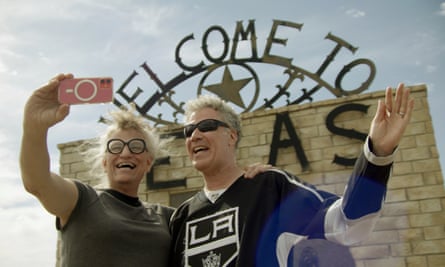
Last year’s Sundance brought the kind of old-fashioned crowd-pleasing magic the festival was once known for: laughs, tears and cheers for Will Ferrell’s heartfelt road trip documentary Will & Harper. The film, which saw the actor travel across the US with his trans friend Harper Steele, ticked off the traditional feelgood boxes while also bringing something more contemporary and politically urgent in its plea to treat a maligned group with some humanity. Netflix paid a large sum for it and gave it a robust awards campaign but the doc branch have been resisting both films featuring celebrities (in the last six years the only nominee that would fall into this category would be Summer of Soul) and films from the US in general. Even the novelty submission of Kristen Wiig’s theme song couldn’t break through.
Here
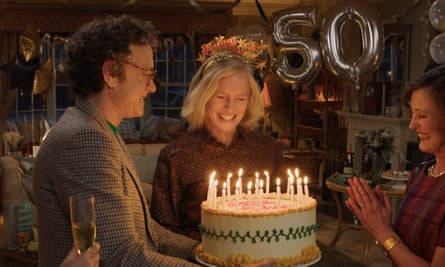
The surprise success of Robert Zemeckis’s Forrest Gump ($678m at the global box office, six Oscar wins) led to the inevitable question of a sequel. The book it was based on did spawn a follow-up and in 2001, a draft was put together by the original screenwriter, Eric Roth, but he submitted it on 10 September 2001 and after the next day’s tragedy, it was felt that it had “no meaning” anymore. Three decades later and Zemeckis, Roth and stars Tom Hanks and Robin Wright reunited for something else, something that ended up feeling even less necessary than Forrest Gump 2. Here, an adaptation of Richard McGuire’s graphic novel, was another Zemeckis tech gimmick – the same room, from the same angle over time – and like his other recent films, it sank without a trace, not even a visual effects nod in sight.

 3 months ago
54
3 months ago
54
